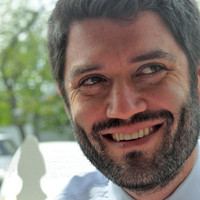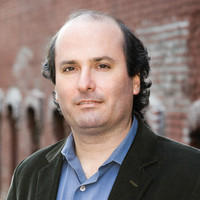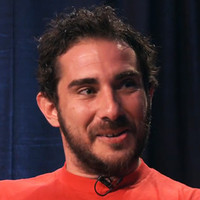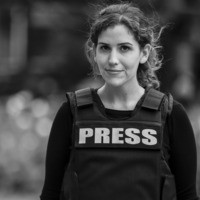Jake Silverstein is editor-in-chief of Texas Monthly.
"Texas is not a frontier in the same way it was 150 years ago, but it still has a frontier mentality. And that's definitely true from a journalistic standpoint. ... You have more of a feeling that you're figuring things out for yourself. Which means that you make more mistakes, but you also have a little bit more leeway and freedom to find a certain path down here than you would if you were surrouded by other magazines and media companies."</i>
Thanks to TinyLetter for sponsoring this week's episode!
</blockquote>















